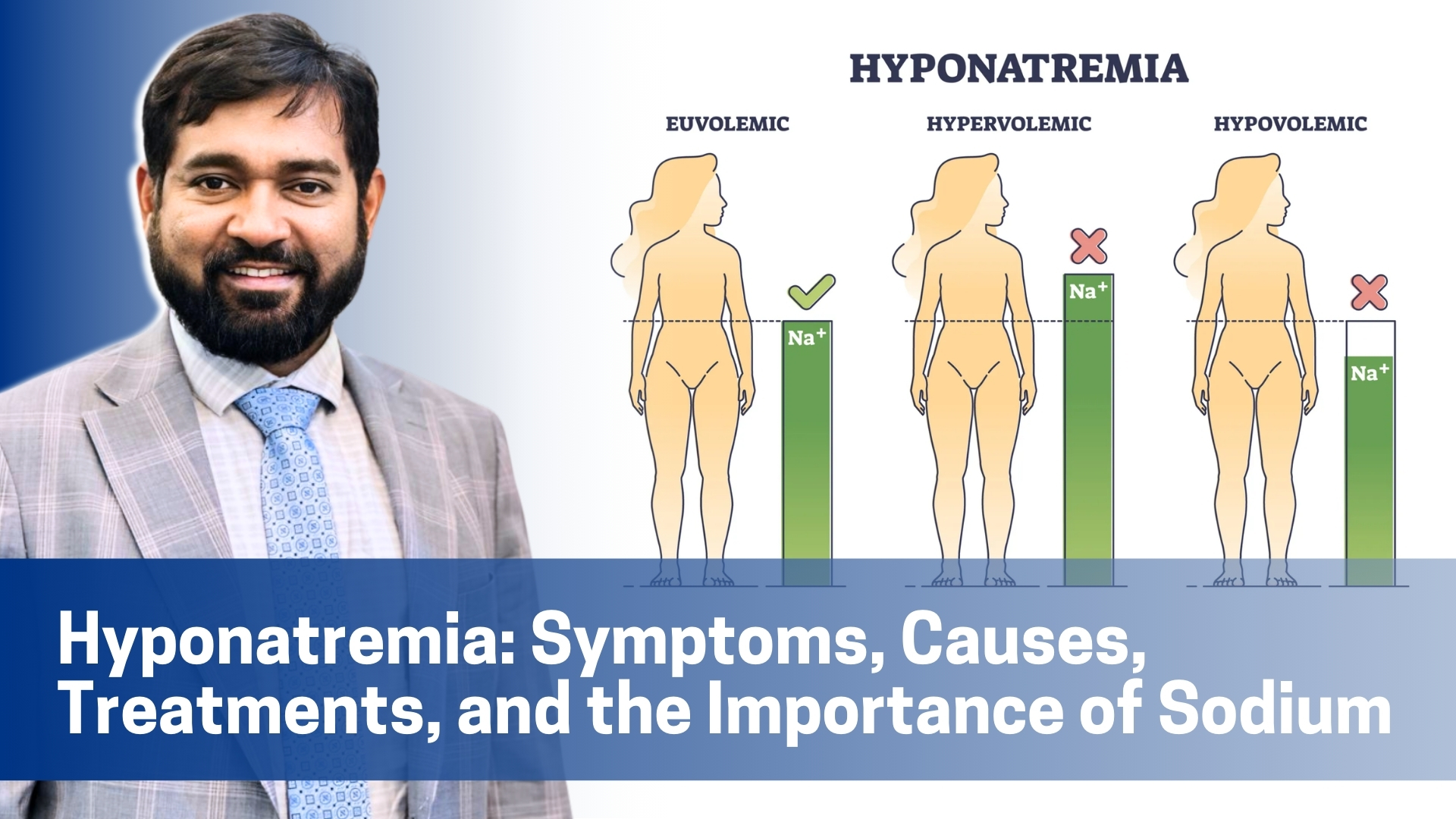27
Niacin Overload: How Too Much Vitamin B3 Can Affect Your Heart Health
Niacin, or vitamin B3, is well-known for its role in lowering cholesterol levels and supporting heart health. While niacin is essential for maintaining healthy bodily functions, recent research has raised concerns about the potential health risks associated with high doses of niacin, particularly in relation to heart disease.
Can Excessive Niacin Harm Your Heart?
Niacin, or vitamin B3, is well-known for its role in lowering cholesterol levels and supporting heart health. While niacin is essential for maintaining healthy bodily functions, recent research has raised concerns about the potential health risks associated with high doses of niacin, particularly in relation to heart disease.
A study published in Nature Medicine in February 2024 explored the effects of excessive niacin intake and its potential link to increased cardiovascular risk. The research, funded by the National Heart, Lung, and Blood Institute (NHLBI), focused on how elevated niacin levels may contribute to serious heart-related events, including heart attacks, strokes, and other cardiovascular diseases (CVD).
Niacin and Its Impact on Heart Health
The study followed 1,162 stable cardiac patients, consisting of both males (740) and females (422). The goal was to analyze blood samples and identify molecules that could predict heart disease events, independent of other known risk factors like cholesterol levels or blood pressure.
Through their research, the team found that excessive levels of niacin led to the presence of two key molecules in the blood—4PY and 2PY. These molecules are byproducts produced when the body has too much niacin circulating. Intriguingly, the researchers noted that people with elevated levels of 4PY and 2PY were at a greater risk of suffering from heart attacks, strokes, or other cardiovascular incidents.
To further validate their findings, the team conducted follow-up studies involving 3,163 individuals with either existing heart disease or indicators of potential cardiovascular issues. These additional studies reinforced the link between elevated levels of 4PY and 2PY and an increased likelihood of cardiovascular disease events.
In animal studies, researchers injected mice with these molecules to observe their effects. The results were concerning: the mice with elevated 4PY levels exhibited increased inflammation in their blood vessels—another significant risk factor for heart disease.
As a result of these findings, the study concluded that excessive niacin consumption could contribute to heart disease risk through the generation of inflammation-promoting byproducts like 4PY and 2PY. The study’s senior author, Dr. Stanley Hazen, chair of cardiovascular and metabolic sciences at the Cleveland Clinic, emphasized that while niacin is a vital vitamin, too much of it can have harmful effects on the cardiovascular system.
Niacin Side Effects and Risks
Although niacin plays an essential role in maintaining health, high doses can lead to various side effects. Common side effects include skin flushing, itching, headaches, and nausea, which tend to be dose-dependent. These symptoms are typically manageable by starting with a lower dose and gradually increasing it. However, higher doses of niacin—particularly those taken for cholesterol management—can cause more severe side effects.
In cases of niacin overdose, the following symptoms may occur:
- Severe skin flushing
- Dizziness
- Rapid heartbeat
- Abdominal pain
- Liver damage
These severe reactions can be dangerous, and anyone experiencing them should seek immediate medical attention. It’s essential to note that high doses of niacin, especially those exceeding 500 mg per day, should only be taken under the supervision of a healthcare provider, as they can significantly increase the risk of liver damage and other health complications.
Recommended Daily Niacin Intake
The recommended daily intake of niacin for adults is typically between 14 and 16 milligrams (mg). Pregnant women should consume up to 18 mg daily. However, for individuals with high cholesterol, doctors often prescribe much higher doses of niacin—ranging from 500 mg to 2,000 mg per day—to help lower cholesterol levels.
While such therapeutic doses may be beneficial for managing cholesterol, they can pose significant health risks, including liver toxicity, glucose intolerance, and an increased risk of cardiovascular events. The key takeaway from this study is that niacin is essential for health, but it is crucial to adhere to the recommended daily intake and avoid excessive consumption unless prescribed by a doctor.
In conclusion, while niacin is an essential vitamin with many benefits, including its ability to help lower cholesterol and promote heart health, excessive intake can lead to serious complications. Recent research highlights the importance of monitoring niacin levels and adhering to recommended dosages to avoid potential heart health risks. If you are considering high-dose niacin for cholesterol management or other health purposes, it’s critical to consult with your healthcare provider to ensure that it is safe and effective for your individual needs.
References:
-
Hazen, S. L., et al. (2024). "Excessive Niacin and Its Role in Cardiovascular Disease Risk: A Comprehensive Study." Nature Medicine. https://www.nature.com/articles/niacin-heart-risk
-
National Heart, Lung, and Blood Institute (2020). "Understanding Niacin and Cholesterol Management." NHLBI. https://www.nhlbi.nih.gov/health-topics/niacin
-
"How Niacin Affects Your Heart: The Risks of Excessive Intake." (2024). Healthline. https://www.healthline.com/health/niacin-heart-health
-
Boland, J. (2024, July 17). "Can Too Much Niacin Harm Your Heart?" Dr. Axe. https://draxe.com/health/niacin-overdose-heart-health/
-
Cleveland Clinic (2024). "What You Need to Know About Niacin and Cardiovascular Health." Cleveland Clinic. https://my.clevelandclinic.org/health/articles/16918-niacin




